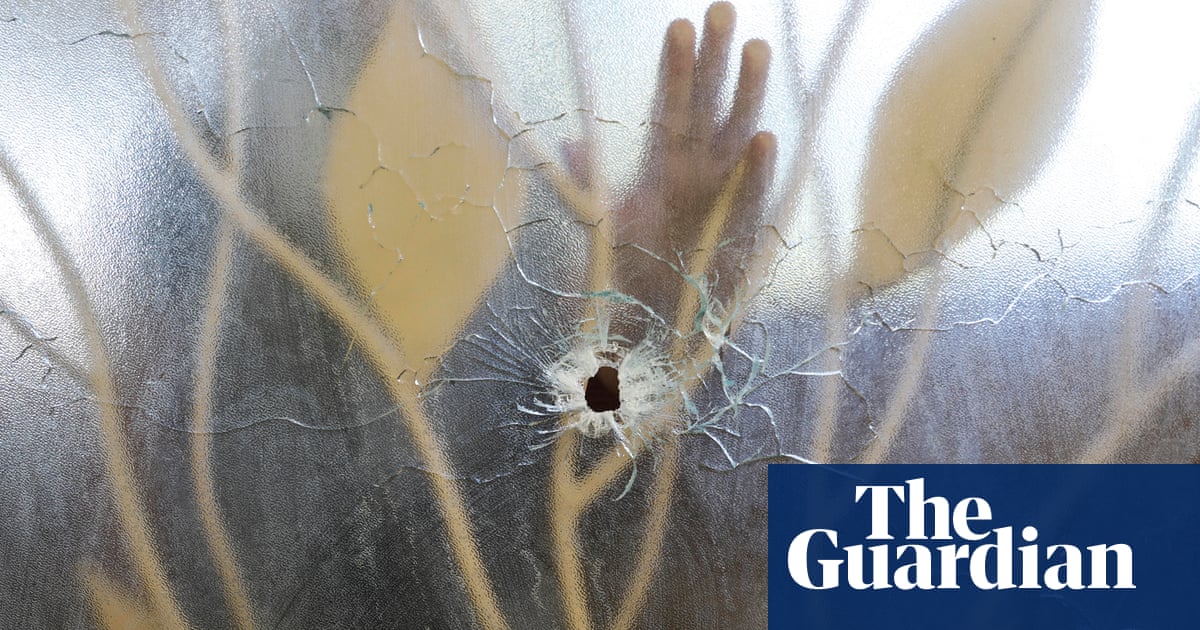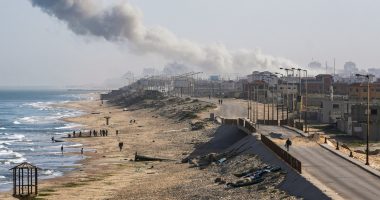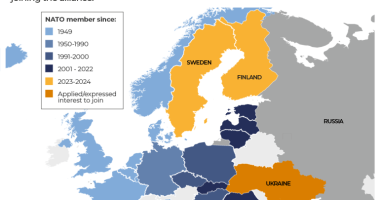
The worst fears of midwives at Heartline Haiti were realised last week. As they prepared the maternity clinic for patients that evening, armed men laid siege to their neighbourhood in eastern Port-au-Prince, spraying bullets at police and rival gangs, setting cars on fire and ransacking houses.
“All of our staff were huddled in an interior hallway hearing the noises outside the gates and walls, afraid they may be next,” says Tara Livesay, the NGO’s executive director. “A gang member was shot dead outside, just two doors over.”
After a terrifying night, staff managed to make it out safely the next morning when the street battles subsided. The organisation has had no option but to close the clinic, leaving the 75 pregnant women it had been supporting with nowhere to go for medical care or to have their babies delivered.
“We’ve tried so hard to keep the clinic open but there is not much else we can do now. I can’t ask people to go to work if they might get hit by a bullet,” says Livesay.
Armed gangs have terrorised the Caribbean country since its president, Jovenel Moïse, was assassinated in July 2021, but in the past month there have been unprecedented levels of violence. The UN’s human rights expert on Haiti, William O’Neill, has called the situation “apocalyptic”.
More than 53,000 people have been forced from their homes in the past three weeks and more than 1.64 million people across Haiti are on the verge of famine.
“Life is already hard in Haiti. It’s impossible to shop or do the most basic of tasks. Then imagine having to deliver and care for a baby on top of that,” says Philippe Serge Degernier, Haiti representative for the United Nations Population Fund (UNFPA), which provides sexual and reproductive health services. “It’s a nightmare.”
When Sanderline went into labour last month, she had to choose whether to give birth to her first child at home without a midwife or pain relief or to risk being caught in the crossfire of warring gangs if she travelled to a clinic.
“I knew the situation on the streets,” says the 27-year-old, who was one of the last women to give birth at the Heartline Haiti clinic. “I just prayed that God would keep me safe.”
One midwife at another clinic in the southern limits of the city, who asked to remain anonymous for their safety, said most of their patients were young women who had got pregnant after being forced to sell sex for food, or were raped by gang members.
“Gangs now run more than 70% of the city and when they come into a new area they ask the most beautiful girls to be their women. Running away is not always an option,” they say.
Degernier says the number of reported sexual violence cases has increased by about 50% since last year, although exact figures are hard to come by.
All but one of the capital’s public hospitals have closed. The number of privately run clinics is shrinking rapidly too. Only two out of the 15 facilities supported by the UNFPA are open, the agency says. In a statement last month, the UN’s office in Haiti (BINUH) estimated that 3,000 pregnant women risked being cut off from essential health services.
The few private hospitals still operating are “ramping up their prices” to take advantage of the health system’s collapse, says Fredelyne, a nurse working with Heartline.
after newsletter promotion
Partners in Health’s main hospital in the city has already had to cut back services as medicines and supplies are trapped at a gang-controlled port.
“If nothing changes, within weeks our fuel reserves and some essential medications and supplies at University hospital in Mirebalais will run out,” the NGO said in a press release last week. “With it will go our ability to care for the child with dehydration, the adult with septic shock, the mother with a difficult labour, and more. If this happens, innocent patients will die. The risk is unprecedented.”
Delivering a baby in Haiti was risky before violence escalated. An estimated 350 women die per 100,000 live births, according to the UN, making Haiti the most dangerous place to give birth in Latin America and the Caribbean. “To find higher mortality rates one has to look to war-torn countries like Yemen or Sudan,” Degernier says.
One midwife tells the Guardian that many women she has seen recently are regularly going hungry, putting them at a higher risk of premature birth, which can be brought on by malnutrition. “It is simply best not to get pregnant because the system has failed,” says the midwife.
NGOs are pleading for more funding. Last month, the UNFPA secured $3.5m (£2.7m) but says it needs $28m to support women’s sexual and reproductive healthcare.
“It is not just our patients who need treatment that we worry about, it’s the midwives, most of whom are mothers too,” Livesay says. “They’re scared for their lives and trying to figure out what to do next. The situation that they’re in is heartbreaking and there’s nothing that any of us can do to fix it.”
Read More: World News | Entertainment News | Celeb News
Guardian







